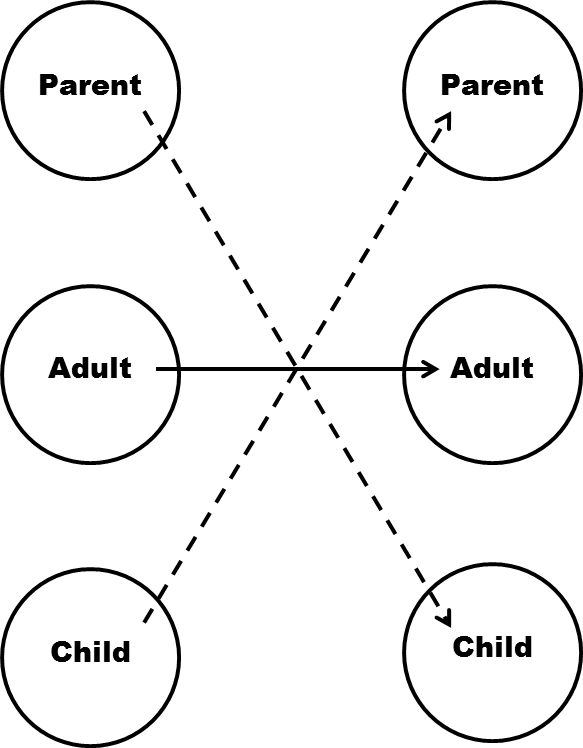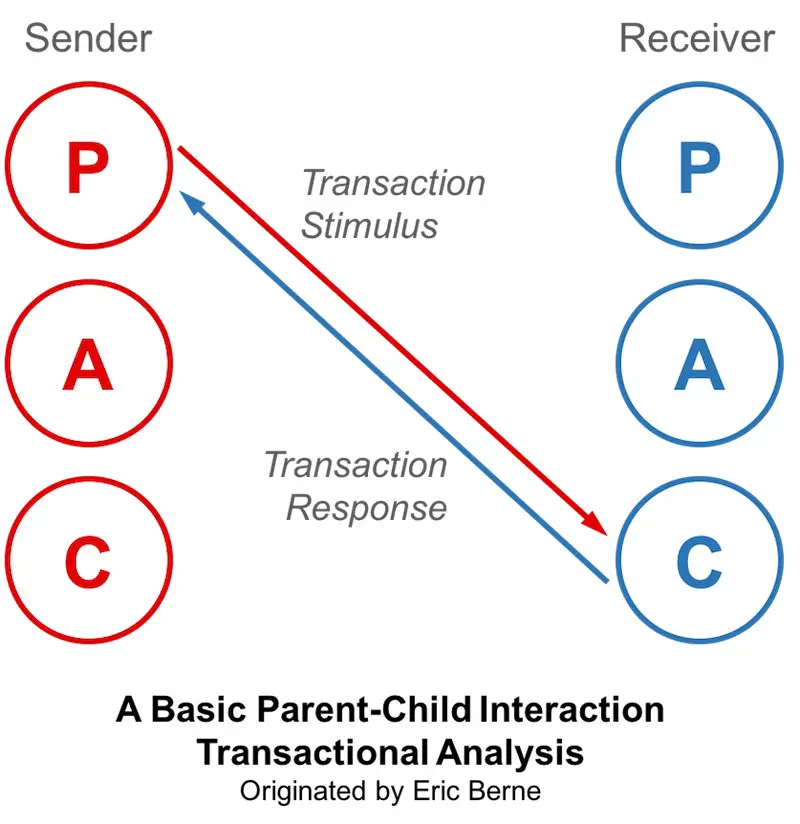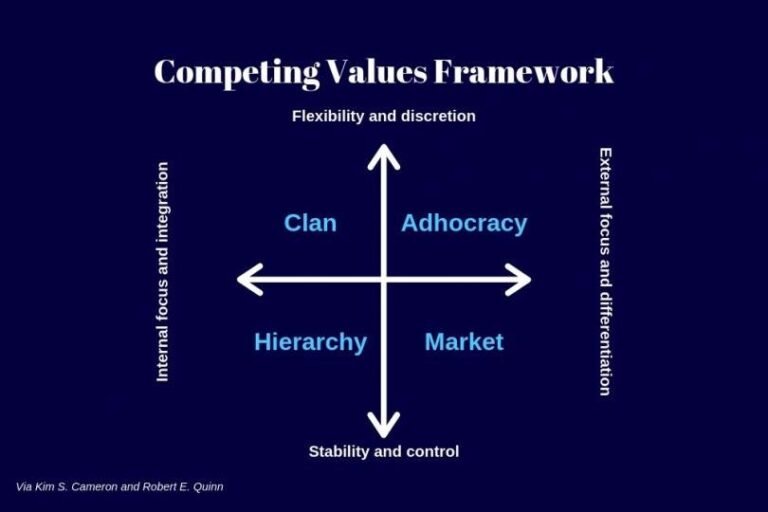Eric Berne Transactional Analysis Theory | Parent Adult Child Ego States Model
What is transactional analysis Theory?
Eric Berne demystified personalities for us in 1958 with his transactional analysis model. The transactional analysis shows us how people are structured psychologically. The transactional analysis takes a closer look at personalities and how people express themselves through their behavior styles.
Indeed, Transactional analysis is now the most potent tool used for many training in communication development purposes.
What is transactional analysis?
Transactional analysis is a theoretical framework used in behavior psychology that suggests that one of the overriding factors in the perpetuation of these situations is not the other person’s behavior but our own state of mind.
The transactional analysis became the method of examining the transaction, wherein I do something to you, and you do something back.
According to Berne, everyone is made up of three ego states won the parent to the adult and three the child,
Transactional Analysis was developed by Eric Berne and the famous Parent Adult Child Theory in the 1960s, and it is one of the most applicable theories in modern psychology.
Berne’s starting point was that when two people encounter each other, one of them will speak to the other. This he called the transaction stimulus.
The reaction from the other person He called the transaction response. The person sending the stimulus is called the agent. The person who responds is called the respondent.
Whether you’re in business, an apparent social worker, or interested in personal development, Eric Berne’s transactional analysis theories and those of his followers will enrich your dealings with people and your understanding of yourself.
💥🎁 New Year & Easter Deals On Amazon !
Don't miss out on the best discounts and top-rated products available right now!
🛒 Shop Now and Save Big Today!*As an Amazon Associate, I earn from qualifying purchases.
Philosophical assumptions of transactional analysis are;
- People are okay.
- Everyone can think.
- People decide their destiny, and these decisions can be changed.
Eric Berne Transactional Analysis Ego States
Eric Berne found that an ego state is a consistent pattern of feeling and experience directly related to a corresponding consistent behavior pattern.
Eric Berne argued that a person displays three ego states, and communication happens via one or all of these three states.
These states consist of our behaviors, thoughts and feelings, values, beliefs, culture, and life rules.
Parent Adult Child Ego States
The Transactional Analysis practice defines three states in which we operate;
- Parent ego state
- Adult ego state
- Child ego state.
This Parent Adult Child model aptly displays the shifts of our ego states.

Parent Ego State
The parent ego state is where the voices inside your head influence you, and these voices belong to your parents, grandparents, or teachers. Sometimes you speak like a parent by saying you shouldn’t do this or this is not appropriate.
This ego state’s behaviors represent behaviors, thoughts, and feelings copied from the parents or parent figures.
The parent is our ingrained voice of authority absorbed conditioning, learning, and attitudes from when we were young. We were conditioned by our birth parents, teachers, older people, next-door neighbors, aunts, and uncles.
💥🎁 New Year & Easter Deals On Amazon !
Don't miss out on the best discounts and top-rated products available right now!
🛒 Shop Now and Save Big Today!*As an Amazon Associate, I earn from qualifying purchases.
Our parent comprises many hidden and overt recorded playbacks, typically embodied by phrases and attitudes, starting with how to, under no circumstances always and never forget, Don’t lie, cheat, steal, etcetera.
Our parent is formed by external events and influences us as we grow through early childhood, we can change it, but this is easier said than done.
We need the parent ego state to live peacefully in society by conforming to basic rules and need the child ego state to keep that spark of creativity and spontaneity alive. That’s what makes you as a person.
This is a state in which you think, feel and behave in ways based on how your parents and other authority figures acted.
Controlling and Nurturing Parent
We have the controlling parent who judges and seeks to manipulate people to do what they say.
Then we have the nurturing parent who wants to look after people
Adult Ego State
The adult ego State comprises behaviors, thoughts, and feelings, which are direct responses to the here and now.
These thoughts are replayed even now. But if you feel you’ve dealt with the situation in a grown-up way, using your thoughts and feelings to display behavior in tandem with the present moment to determine your course of action, then you’re in the adult ego state.
Adults are our ability to think and determine action for ourselves based on received data. If we are to change our parents or child, we must do so through our adult. In other words, we can say that parent is our taught concept of life, the Adult is our thought, and the child is our felt concept of life.
What’s interesting is that we need all our three states for a balanced life. We need an adult ego state to enable us to better decision-making skills.
💥🎁 New Year & Easter Deals On Amazon !
Don't miss out on the best discounts and top-rated products available right now!
🛒 Shop Now and Save Big Today!*As an Amazon Associate, I earn from qualifying purchases.
Child Ego State
Child ego State comprises behaviors, thoughts, and feelings replayed from childhood understanding. The ego state model allows you to check your behaviors, feelings, and experiences while understanding your connection with others.
Our internal reactions and feelings to external events form the child. This is the seeing, hearing, feeling, and emotional body of data within each of us.
When anger or despair dominates reason, the child is in control, like our parent. We can change it, but it is no easier.
If you feel you’ve replayed a specific behavior and felt familiar feelings as you did when you were a child, you might be displaying the child’s ego state.
You might have felt butterflies in your tummy at a public speaking event, just as you did when you were asked to address a class in school. Boy, wasn’t that event scary?
Adapted and Free Child
Adapted child ego is where the child’s adapted itself to the demands of parents and other authority figures on the free child who just does what it likes.

Importance and Benefits of Transactional Analysis
Understanding the ego states gives you the power to understand and be understood in every situation.
You give yourself a choice to respond better to situations while comprehending information easily. You not only turn into an effective communicator, but you also build empowering connections for life.
💥🎁 New Year & Easter Deals On Amazon !
Don't miss out on the best discounts and top-rated products available right now!
🛒 Shop Now and Save Big Today!*As an Amazon Associate, I earn from qualifying purchases.
When we communicate, we’re doing so from one of our own alter ego states; our parent, adult, or child. At the same time, our feelings determine which one we use, and at any time, something can trigger a shift from one state to another.
When we respond, we are also doing this from one of the three states, and it is in the analysis of these stimuli and responses that the essence of transactional analysis lies.
At the core of Berne’s theory is the rule that effective transactions successful communications must be complimentary. They must go back from the receiving ego state to the sending ego state.
For example, if the stimulus is the parent to child, the response must be the child to parent, or the transaction is crossed, and there will be a problem between sender and receiver.
If across transaction occurs, there is ineffective communication. We’re still either, or both parties will be upset.
For the relationship to continue smoothly, the agent or the respondent must rescue the situation with the complementary transaction.
In serious breakdowns, there is no chance of immediately resuming a discussion about the original subject matter.
Attention is focused on the relationship. The discussion can only continue constructively when and if the connection is mended?
Transactional analysis is effectively a language within a language, a language of true meaning, feeling, and motive. It can help you in every situation, firstly, through being able to understand more clearly what is going on.
Secondly, by this knowledge, we give ourselves choices of what ego states to adopt, which signals to send, and where to send them.
💥🎁 New Year & Easter Deals On Amazon !
Don't miss out on the best discounts and top-rated products available right now!
🛒 Shop Now and Save Big Today!*As an Amazon Associate, I earn from qualifying purchases.
This enables us to make the most of our communications and therefore create, develop and maintain better relationships.

Transactional Analysis Theory Example in the Workplace
Imagine someone who is a colleague stressed you out at work and reacted with anger and rage. Maybe you said a couple of unnecessary words out of anger.
You may have even changed your mind later and let things go, and you show up with a smile to work. Yet you found yourself weeping a bit for the whole weekend, feeling bad and over the misunderstandings.
Why do you behave the way? The ego state model of Transactional Analysis helps you understand exactly what’s happening to you. It brings you closer to knowing personalities and decoding the best communication methods.
Parent Ego State Example
You noticed you shouted at the colleague. Maybe you reprimanded them the way they were acting—one where you disapproved of their style of working. You were using a parent ego state.
Child Ego State Example
When you found yourself weeping a bit for the whole weekend, feeling bad and over the misunderstandings, the weeping reflects the child’s ego state.
Adult Ego State Example
When you decided to let, things go consciously to resume work in a healthy spirit is your adult ego state.
With a lack of adult awareness, you may not have been conscious of the shifting ego states. That’s what ego states are.
Bernes says that each ego state is defined by a combination of feelings and experiences which consistently occur together.
💥🎁 New Year & Easter Deals On Amazon !
Don't miss out on the best discounts and top-rated products available right now!
🛒 Shop Now and Save Big Today!*As an Amazon Associate, I earn from qualifying purchases.
Criticism of the Transactional Analysis theory
Transactional Analysis theory has been criticized for many reasons. They include;
- The theory can be misleading in allowing people to believe that it is easy to help others simply through Transactional Analysis models.
- The assumption that the Transactional Analysis theory represents a deterministic human behavior model assumes that humans are like machines, and you need to press the right button.
- The assumption that identifying building blocks of the human psyche represents a full understanding of the human psyche.
- The Transactional Analysis theory lacks sophistication in understanding the interaction between individuals and society as a whole.
- The Transactional Analysis Theory trivializes human behaviors by breaking the relationship between (real) children and (real) parents when de-scripting.

